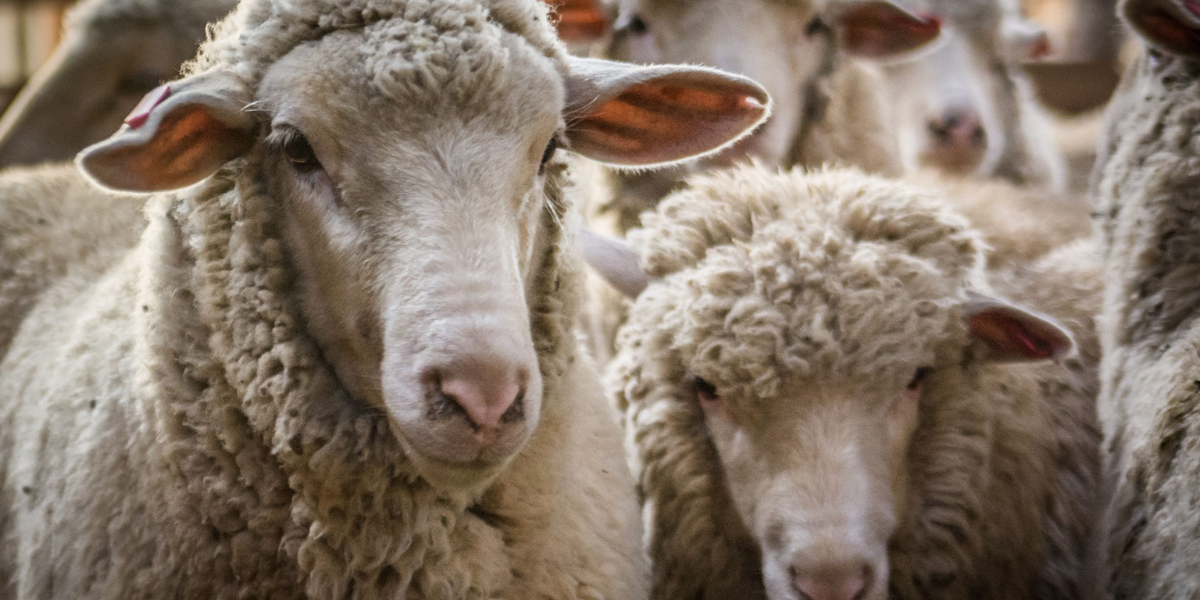More than 40 internal stakeholders from across the sheepmeat and wool value chains met last week to contribute to an important discussion on the sustainability topics most relevant to industry, at the first Industry Forum coordinated by the Sheep Sustainability Framework (SSF).
The Sheep Sustainability Framework defines sustainable sheep production in Australia, prioritises industry issues and measures industry performance against relevant indicators. Held in Sydney with representatives from Sheep Producers Australia, WoolProducers Australia, Australian Wool Innovation, Meat & Livestock Australia, LiveCorp, Animal Health Australia, NSW Farmers, the Department of Agriculture, Fisheries and Forestry, and other agricultural frameworks, the Forum provided an opportunity for stakeholders to be deeply immersed in the analysis of the issues that underpin the SSF.
Discussion canvassed current and emerging sustainability topics, the commercial value of the SSF, and understanding the relative importance of specific measures and indicators of sustainability.
Dr Robyn Leeson from STR Consulting, who specialises in sustainability strategy and reporting, led a session where delegates reflected on the impact of the Australian sheepmeat and wool industry on people and the environment, in addition to evaluating the risks and opportunities to the industry. This also featured a frank exercise in identifying, discussing and elevating the ‘hard basket’ issues.
SSF Sustainability Steering Group Chair, Dr Scott Williams, said the Forum was an important step to shaping the next iteration of the Framework.
“The discussion provided industry with a valuable opportunity to better understand the SSF and what it offers in an ‘in-house’ setting,” Dr Williams said.
“It also allows industry to shape the Framework, as we revisit the materiality matrix upon which the entire SSF rests.
“It is critical the industry understands, owns and has input into the Framework, as we want our customers, consumers and other stakeholders, such as advocacy groups, to accept its credibility and use it as a trusted scorecard of our industry’s sustainability credentials.”
Got something you want to say about this story? Have your say on our opinion and comment hub, New England Times Engage


